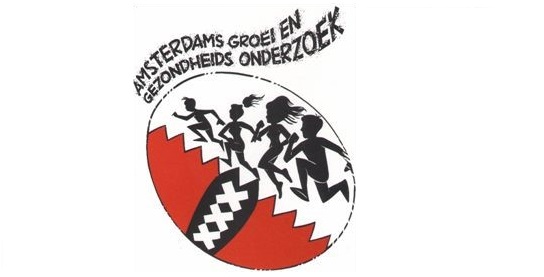In 1974, a longitudinal study was planned to monitor the growth, health and life-style, over a period of four years, of boys and girls entering secondary school. The reason for this follow-up was a series of intervention studies to measure the effectiveness of more intensive and extra physical education lessons in 12-13 year-old boys.
In general, no clear effects were found. There were indications that large inter-individual differences between the pupils in biological development and habitual physical activity could have masked any intervention effects. At that time, health authorities were complaining about the level of fitness of youngsters in their late teens. In growing towards independence, the lifestyle habits of teenagers change considerably (with regard to physical activity, food intake, tobacco smoking and alcohol consumption). Thereby, their health perspective may also change.
This illustrates that the teenage period is an important period in life. Individual changes in growth and development can be described most precisely by studying the same participants over a longer period of time. That is what led to the birth of the Amsterdam Growth and Health Longitudinal Study (AGHLS).

Approximately 650 boys and girls (mean age of 13 years) from the first two grades of two secondary schools in the Netherlands were included in the study. During the adolescence period, participants were measured annually during school hours, and thereafter, six more examinations took place.
The most recent full round of measurement took place in 2006 (mean age of 42 years). In 2010, a short questionnaire round was conducted where minimal information was collected. In 2017, around 350 participants are still enrolled in the study.
You can find more information on the AGHLS cohort website.
APH contact person: Jos Twisk, Trynke Hoekstra
Contact: trynke.hoekstra@vu.nl

